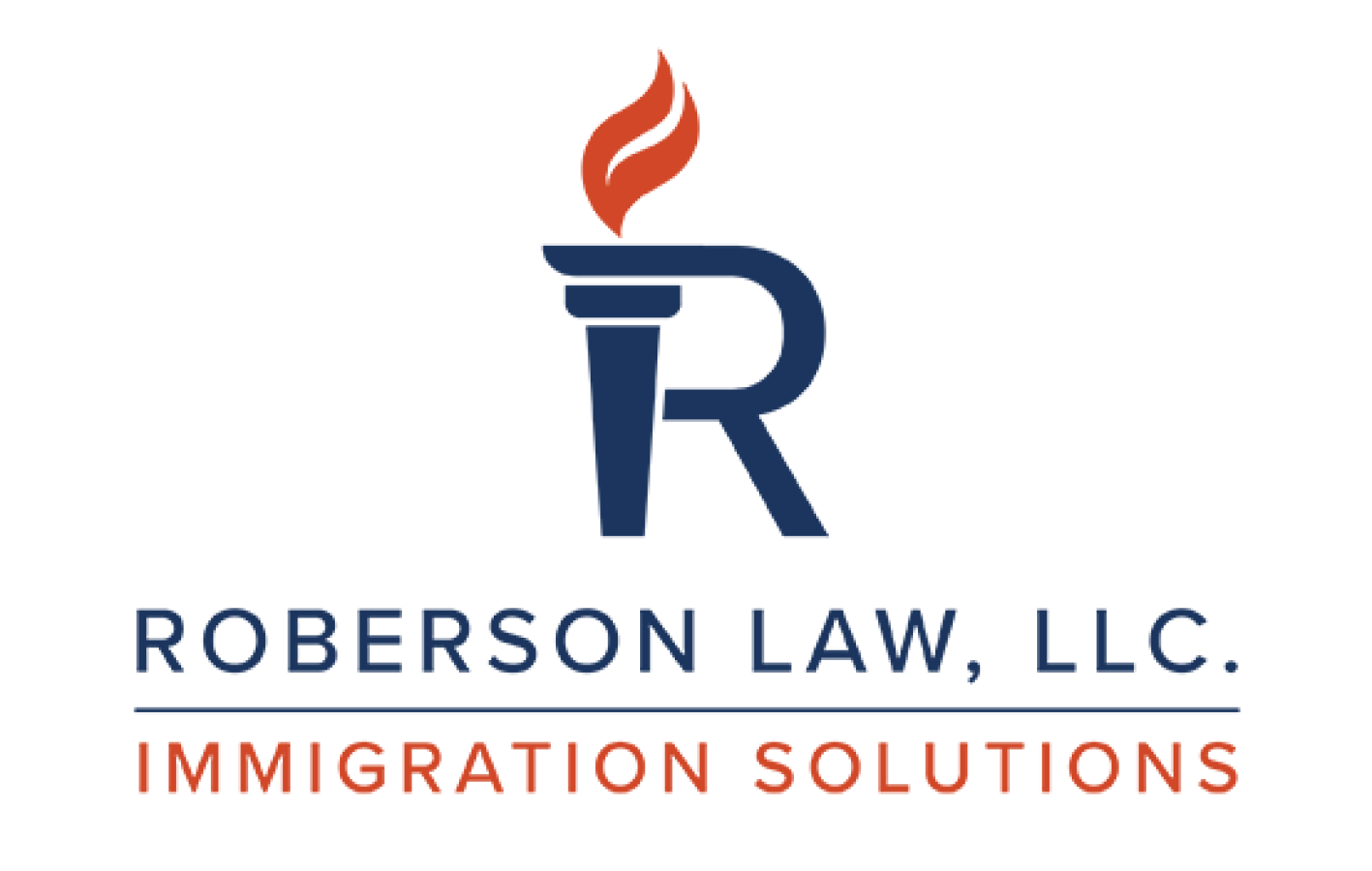Here is a portion of an article on Deferred Action for Childhood Arrivals that I recently wrote for the Johnson County Bar Letter. The full text can be found here:
http://c.ymcdn.com/sites/www.jocobar.org/resource/resmgr/JoCoBar_summer2014-web.pdf
On June 15, 2012, a significant change to immigration law occurred when Janet Napolitano, Secretary of DHS, issued a memorandum titled “Exercising Prosecutorial Discretion with Respect to Individuals Who Came to the United States as Children.” The memo was directed to three sub-agencies of DHS – U.S. Citizenship and Immigration Services (USCIS), Customs and Border Patrol (CBP), and Immigration and Customs Enforcement (ICE). The Secretary states: “By this memorandum, I am setting forth how, in the exercise of our prosecutorial discretion, the Department of Homeland Security . . . should enforce the Nation’s immigration laws against certain young people who were brought to this country as children and know only this country as home . . . Our Nation’s immigration laws must be enforced in a strong and sensible manner. They are not designed to be blindly enforced without consideration given to the individual circumstances of each case. Nor are they designed to remove productive young people to countries where they may not have lived or even speak the language. Indeed, many of these young people have already contributed to our country in significant ways. Prosecutorial discretion, which is used in so many other areas, is especially justified here.”
Pursuant to this memorandum, USCIS, CBP, and ICE will consider, on a discretionary and individual basis, whether to “defer” initiating or continuing removal action against certain aliens. The type of prosecutorial discretion outlined by Secretary Napolitano has become formally known as “Deferred Action for Childhood Arrivals (DACA).” This memorandum has led to important – but limited – immigration relief for many children and young adults.
Deferred Action is a non-binding agreement by DHS to overlook an alien’s immigration violations at the present time. If an alien is granted Deferred Action, he or she will cease accruing unlawful presence. In some cases, this means that he or she is not subject to any unlawful presence bars at all, which could prevent future inadmissibility issues in the future. Most DACA recipients receive a Federal Employment Authorization Document (EAD), which entitles them to work in the United States. With this card, recipients may obtain a social security number. In most states, including Kansas, DACA recipients may use their EAD and social security card to obtain a driver’s license.
According to the most recent USCIS report, 642,685 applicants have been granted DACA, from an applicant pool of 673,417. http://www.uscis.gov/tools/reports-studies/immigration-forms-data/data-set-deferred-action-childhood-arrivals. Obviously, then, DACA has provided many young non-citizens with important benefits. However, it is important to recognize that DACA is currently unavailable to applicants who do not fall within the strict limitations of Secretary Napolitano’s memorandum. For example, if an alien entered the U.S. on or after his or her sixteenth birthday, then he or she is ineligible for DACA, regardless of whether he or she satisfies all of the other requirements. He or she may be eligible for some other less formal form of prosecutorial discretion, but not DACA.
There are other limitations to the DACA program. DACA is a two-year revocable agreement by DHS to overlook an alien’s immigration violations and defer removing the alien at the present time. Deferred Action is not amnesty, and it does not provide lawful immigration status or a path to citizenship. DACA recipients are unable to petition for immigration benefits for any family members, including spouses and children. A DACA recipient may lose his or her Deferred Action if he or she travels abroad without permission from DHS. Deferred Action is a “snapshot,” meaning that when USCIS grants DACA to an applicant, it is doing so based upon the information available to it at that time. Should a DACA recipient subsequently be convicted of certain crimes, DHS may institute removal proceedings.
Despite its limitations, Deferred Action for Childhood Arrivals has proven beneficial for hundreds of thousands of young people, many of whom previously had very few immigration options available to them. It has helped to mitigate the harsh rules imposed by IIRIRA, and it has provided immigration practitioners with a welcome opportunity to help numerous young clients take a “first step” toward correcting their immigration status.
Photo courtesy of Unsplash







